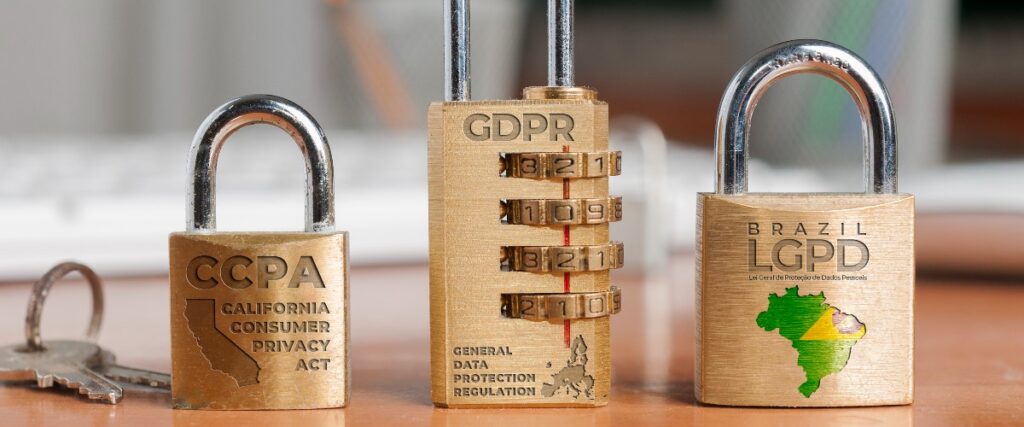As data collection tactics advance, so do consumer privacy laws. In the United States, more local governments are looking to pass regulations strengthening a person’s ability to remain private.
But, with new advancements like artificial intelligence, lawmakers are working to determine where to draw the line. While some technology may be more efficient, it can also draw confidentiality into question.
What could future data privacy regulations be like? Here is a look at what currently exists and what may be coming.
A History of Data Protection
The U.S. began the process of advancing data privacy and access in 1967 with the Freedom of Information Act. This act allowed people to request information about themselves and certain government agencies.
However, Sweden was the first to pass a data protection law in 1973. It required any facility handling personal information to receive protective licenses from the government. The aim was to prevent thieves from gaining access to personal data. In the 1990s, the European Union began passing sweeping privacy legislation.
In 1996, the U.S. passed the Health Insurance Portability And Accountability Act (HIPAA). It protects a person’s health care information. Then, in 2000, the E.U. and the U.S. worked together to enact the Safe Harbor Framework. Yet, in 2016, the European Court of Justice declared the framework inadequate.
They worked together to replace this with the E.U.-U.S. Privacy Shield Framework in the same year. Additionally, the E.U. passed the General Data Protection Regulation (GDPR), which they describe as the world’s strongest security and privacy law.
All of these laws affect how businesses can gather data from consumers. They enforce how companies should inform their customers of any information collection. Also, they allow people to request that companies not sell their information. While the laws can affect a business’s revenue and marketing, they are crucial for privacy.
Current United States Data Privacy Laws
As of now, there are five states with detailed data privacy laws in place. These states are:
- California
- Colorado
- Connecticut
- Utah
- Virginia
Many other states have more minimal business requirements, but these are the vastest protections. The aspects they have in common are the right to delete, access, and refuse the sale of personal information.
Others require sites to prominently display what information they’re sharing and why they’re collecting it. Some also enforce that companies are properly protecting any collected data.
Possible Future Privacy Protections
The COVID-19 pandemic has certainly had significant effects on data privacy. People have increasingly moved online, allowing extensive amounts of information collection. Businesses and governments saw the amount of data they now had access to and began to misuse it.
Future legislation may affect how companies can use the data they access. While using it to fix problems may seem harmless, it still affects the trust of those who gave that information.
In the worst-case scenario – breach or theft – this data abuse could also damage consumers’ privacy. If states pass laws to prevent this, it could lead to more customer protection.
Future Data Privacy Laws Related To Artificial Intelligence
There may also be laws restricting the use of artificial intelligence. Many businesses have started implementing AI to analyze consumer data and personalize their experience along with other services.
Because this software learns from what it collects, there may be questions about its privacy. Lawmakers and customers alike may express hesitation about the use of AI. It’s still hard to anticipate how this intelligence could have harmful effects on data privacy.
Would a hacker be able to steal this information for ransomware? Do people really want businesses to know this many details about them? As artificial intelligence starts to gain prevalence, companies may have to change how they can utilize it.
Surely more states will begin enacting data protection and privacy laws. More than those five states will likely have comprehensive laws ensuring consumer confidentiality in a few years. As this happens, businesses may see changes in revenue streams they previously had access to.
What Data Privacy Regulation Means for Businesses
The restriction of data collection and sale can affect a business’s finances. Without the ability to sell this information or use it for marketing purposes, they will have to find new avenues to make up for that.
However, they should know this is all for the good of their customers. Data breaches can happen at any time. Without proper protection, they can lead to a loss in revenue, sales, and consumer confidence.
The future of data privacy regulation is still emerging, but it could lead to a more trustworthy foundation for businesses and customers alike.
